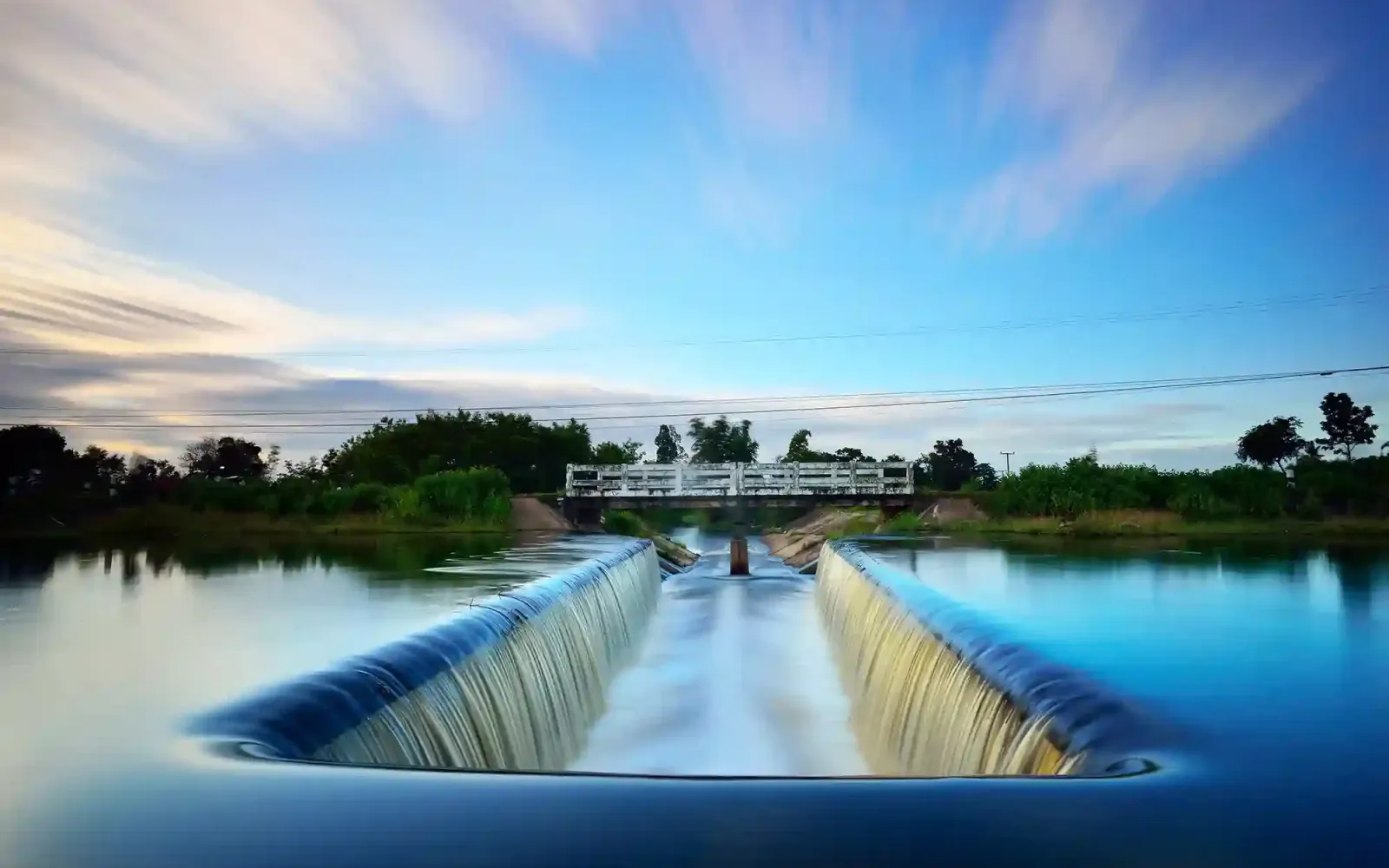

Twelve
A carbon-neutral way to produce green jet fuel and plastic
Early last month, I had the privilege of attending COP28, where I did what I could to support deep tech and connect with people making a difference. Highlights:
At the COP28 Business & Philanthropy Climate Forum, I moderated the panel “Accelerating the Green Transition,” whose outstanding participants—
—offered insight critical to making climate tech a force for good in the fight against climate change, especially in emerging markets and developing economies.
The takeaway: A major theme of COP28 was — for the first time — engagement with the private sector. Hearing how each of these organizations is putting its shoulder to the wheel to address the climate crisis was exciting, both on the global and regional scales. Their wide-ranging conversation, covering everything from the first data center in the Middle East powered by waste-to-energy to plans to scale up DCVC portfolio company Twelve’s sustainable aviation fuel (not prompted by me), hammered home the point that one of the private sector’s superpowers is nurturing and scaling innovation.
At the Axios roundtable “Accelerating Environmental Science Through AI,” moderated by Niala Boodhoo and Alan Neuhauser, I participated in a discussion about how computationally driven approaches to the hardest problems surrounding climate change can get the support they need.
The takeaway: Three large and promising deep tech areas where AI can accelerate the search for solutions to the climate crisis are enabling: innovations in biology and genomics; material science breakthroughs; and simulations of massive-scale complex systems, not previously possible.
In a roundtable called “The Nuclear Option,” I and others discussed the enormous potential of nuclear power to make an immediate-term impact against climate change, as well as energy poverty. On this same day at COP28, 20 nations, including the US, pledged to triple their nuclear capacity by 2050.
The takeaway: we’re seeing unmistakable momentum toward nuclear, which I have been working toward and calling for passionately for years.
Major DCVC kudos to Badr Jafar, CEO of Crescent Ventures and COP28 Special Representative for Business and Philanthropy, who has been instrumental in bringing the most productive energies of the business community to bear on this conference.
This COP also had lots of deep tech including Fervo Energy’s CEO Tim Latimer in a fireside conversation with Ruth Porat and a great talk by Oklo cofounder Caroline Cochrane: an auspicious sign for a world that needs to act without delay.
Zachary Bogue is Co-Founder and Managing Partner of DCVC.




